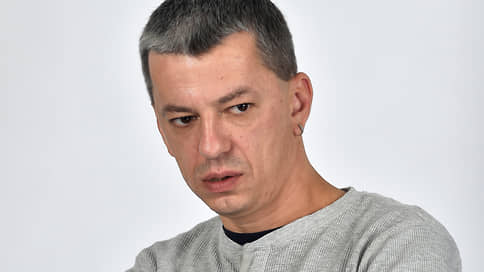Skirmish between city and countryside – Newspaper Kommersant No. 197 (7398) dated 10/24/2022
[ad_1]

The agenda of “technological sovereignty” is expanding — industrial authorities, in the context of growing sanctions pressure and economic isolation of the Russian Federation, are gradually studying the question of how much they will have to replace imports at least for the needs of critical industries, and how much everything will have to be produced in order to establish this import substitution (note that this recursion may well be a divergent rather than a convergent sequence). Officials of the Ministry of Industry and Trade admit that 6 trillion rubles are already needed for state support alone. (see Kommersant of October 18). However, finances may not be the main constraint: “technological sovereignty” will obviously require labor resources, and the question of them may present the authorities with a not-so-obvious choice.
There are practically no free workers on the labor market – industrialists talked about competition for such workers long before the start of the military operation in Ukraine, and since then the military-industrial complex and military registration and enlistment offices have joined this competition. One of the few sources of qualified personnel can be the Russian agro-industrial complex that has experienced a technological boom: since the beginning of the century, the sector has reduced the gap with the high-tech American agro-industrial complex in terms of productivity by several times (from 11 times to 4.7). In many ways, the reason for this is the boom in investment in Russian agricultural production, which has been going on since the late 2000s. Recall that during this time the Russian Federation has turned from a consumer of international humanitarian aid and an importer into a major player in the global food market.
Because of this, the agricultural sector also has the opportunity to defend the employed – referring, for example, to the concept of “food security” that has not been canceled by anyone (by the way, it is administered by the same Security Council as technological sovereignty). At the same time, the global rise in food prices, which no one expects to stop against the backdrop of a pause in globalization and high uncertainty in the markets, expands the ability of the agro-industrial complex to offer competitive salaries and continue to invest in improving living conditions in the countryside, and the “covid” pause showed that the current level Urbanization in society is already often perceived as redundant, and the city dwellers have a demand for the idea of “drop everything and go to the countryside”. However, there is an example of how the agricultural sector can lose the competition of industry in recent history – this is the highly industrialized economy of the PRC. Labor productivity in the agricultural sector of the country is four times lower than in Russia, and there can be no talk of food security: China is a hopeless net importer (including Russian) of food, which at such a price has taken the place of the world’s leading industrial exporter. However, this place was paid for in the first place with trillions of dollars of investments from Western corporations – which is now unrealizable for Russia. At least she will have to provide a technological breakthrough on her own.
[ad_2]
Source link






